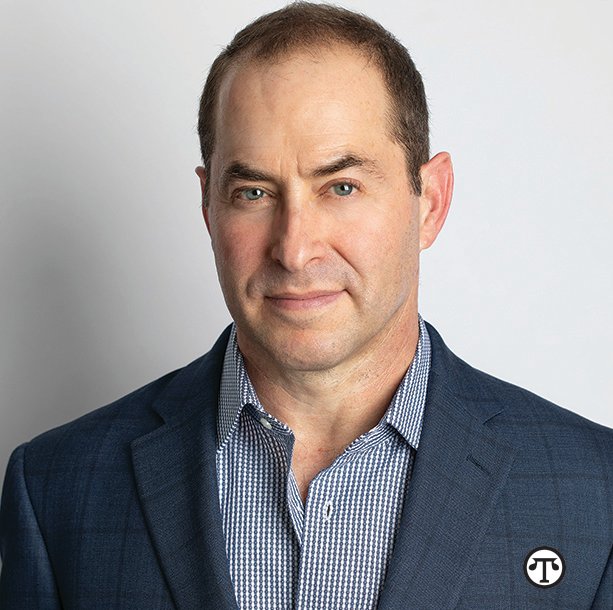Need To Find Your Own Health Insurance—You Have Options To Get Covered

(NAPSI)—“We need to find health insurance. Where do we start?” This question will occur to millions of Americans who have lost their employer-provided health coverage—or want to be prepared in the event they do. Some reports suggest that some individuals may not enroll in health insurance at all, and the health and financial impact of going without could have long-lasting consequences.
“Choosing the right health coverage may seem daunting since many Americans have never shopped for coverage before or worry that they cannot get affordable health insurance,” said Mark Smith, president of HealthMarkets, one of the largest independent health insurance agencies in the United States. “People should know that there is a wide range of coverage options available to meet their unique care needs and financial situations, some of which are free or subsidized.”
Health Care Coverage Guidance and Enrollment Support
Individuals can find support through health care marketplaces, insurance carriers, insurance brokers and other licensed insurance agents to determine what plan is best for them.
For example, GetCovered is a free service offered through HealthMarkets that provides guidance for people who need health coverage. Call (877) 270-0029 or visit www.getcovered.com to get started. Working with licensed insurance agents, individuals can learn what they are eligible for, including Medicare/Medicaid options or find commercial health plans that best meet their individual needs. Agents can also help them enroll in these plans, where they are able.
Questions to Ask
To find the right coverage, it’s important to know what’s available, what to ask and what information you need to enroll. To narrow your options, be prepared to discuss:
•When does your employer-sponsored coverage end?
•Does your company offer COBRA (Consolidated Omnibus Budget Reconciliation Act)? Under COBRA, individuals maintain their current plan benefits by paying the total cost of the insurance including their premiums and the amount contributed by their employers.
•Does your spouse’s/domestic partner’s employer provide coverage with a “special enrollment” allowance under certain circumstances?
•What benefits does your family need or want?
•What can your family afford? Think about what portion of your monthly budget can be used for health coverage or other insurance. Your family may be eligible for additional options based on your specific financial situation.
Health Coverage Options
If COBRA and spousal coverage are not available or too cost-prohibitive, here are other options to consider:
•Medicaid/Medicare—While Medicare coverage is primarily available to individuals over age 65, Medicaid eligibility is primarily based on income, disability, family size and other circumstances.
•Individual exchange/marketplace plans-These Affordable Care Act (ACA) plans are available through federal or state enrollment sites. Based on your family’s income, you may be eligible for plan subsidies making one of these plans more affordable. Recent job loss often would be a “qualifying life event” to enroll in an ACA plan outside of the annual Open Enrollment Period.
•Short-term plans—Short-term limited duration insurance coverage provides temporary coverage to bridge the gap between longer-term insurance coverage. These plans have a fixed duration of a few months to even several years and generally will offer less robust coverage than ACA plans.
“Health coverage decisions can be made simpler—and there are resources to help,” Smith said. “Regardless of whether you choose to do your own research and enrollment or engage outside services, determining what you and your family need and can afford will help you find good health coverage that ensures you have access to care now.”

““People should know that there is a wide range of coverage options available to meet their unique care needs and financial situations, some of which are free or subsidized,” said Mark Smith, president of HealthMarkets.https://bit.ly/2EL7l4q”
